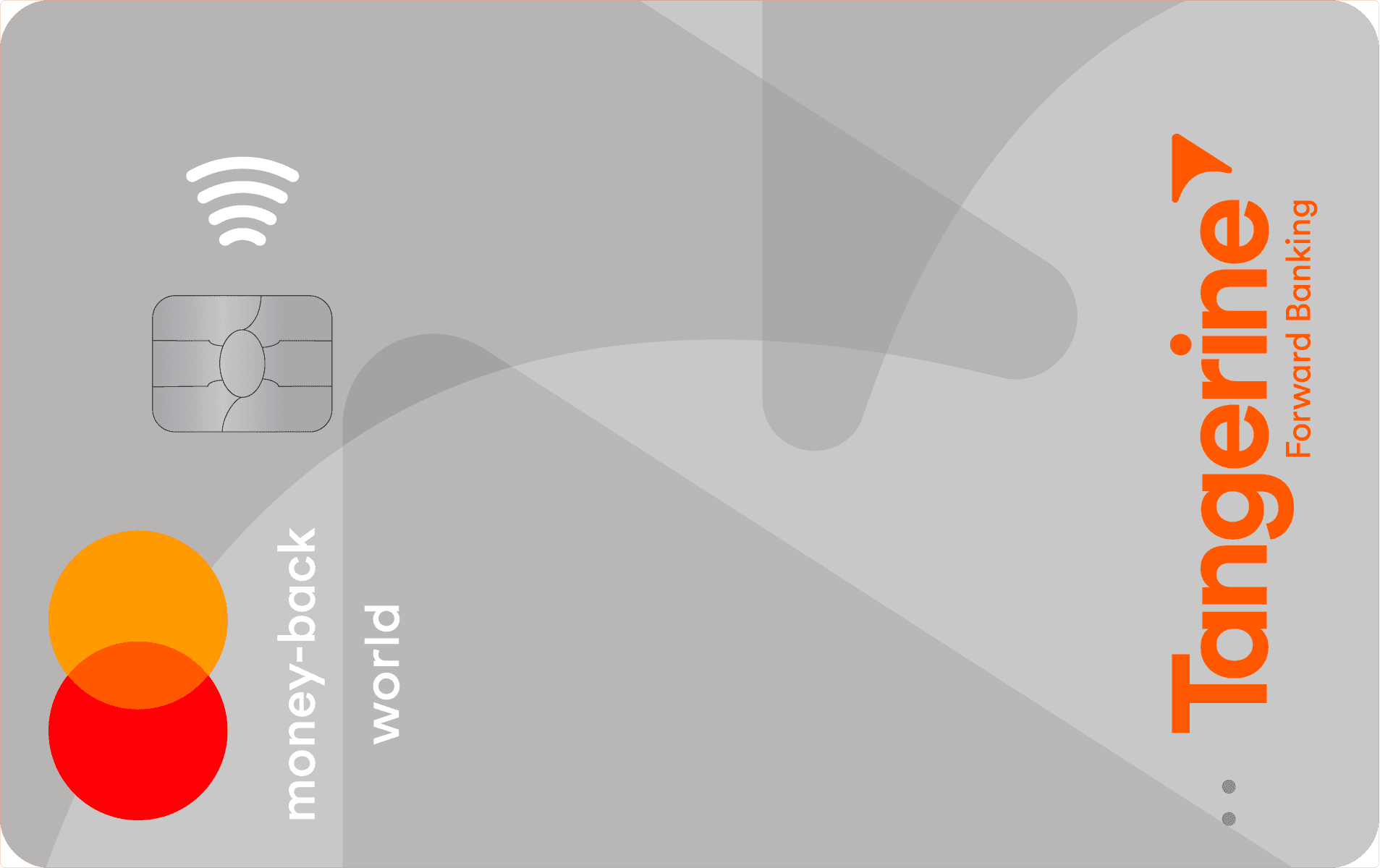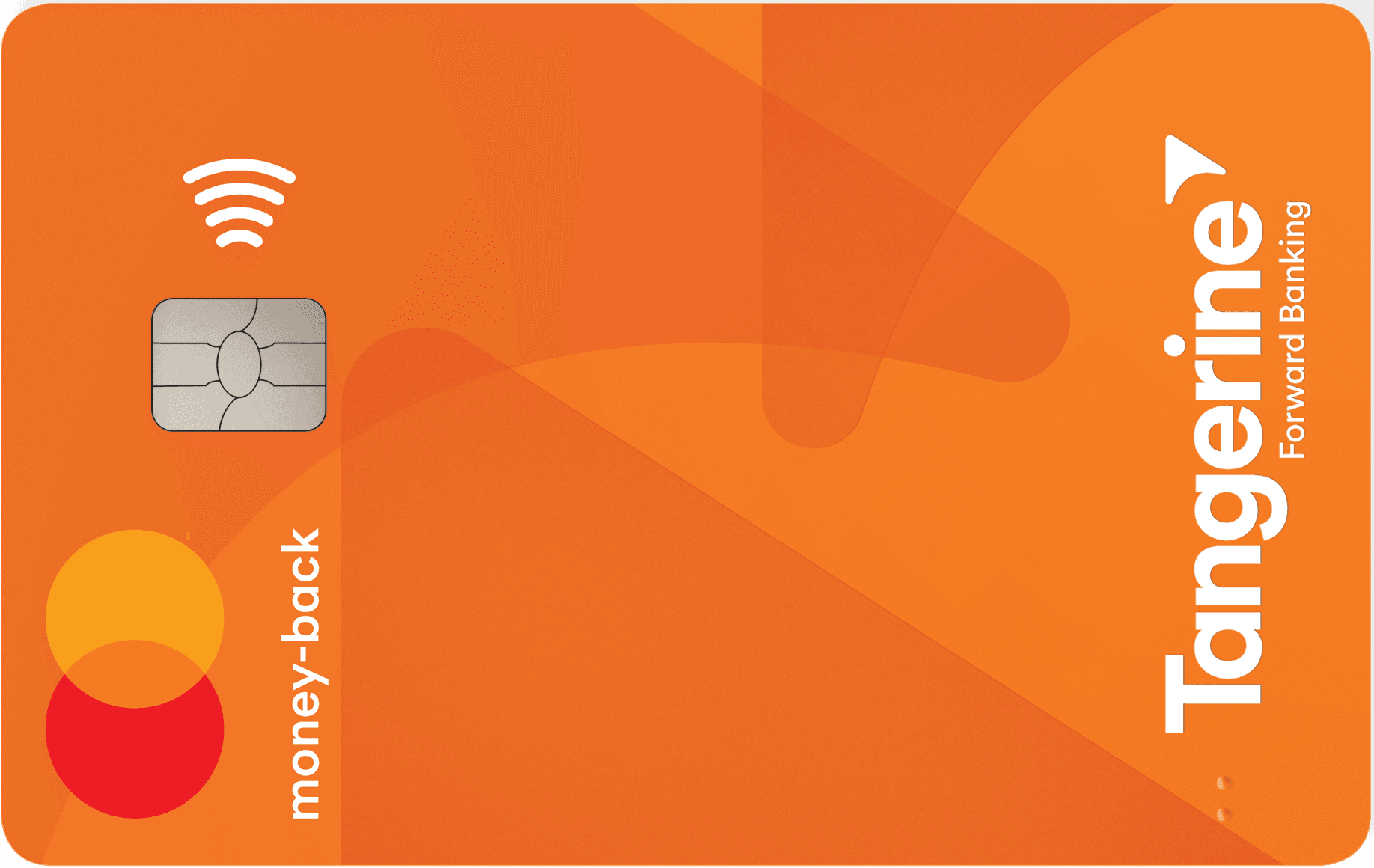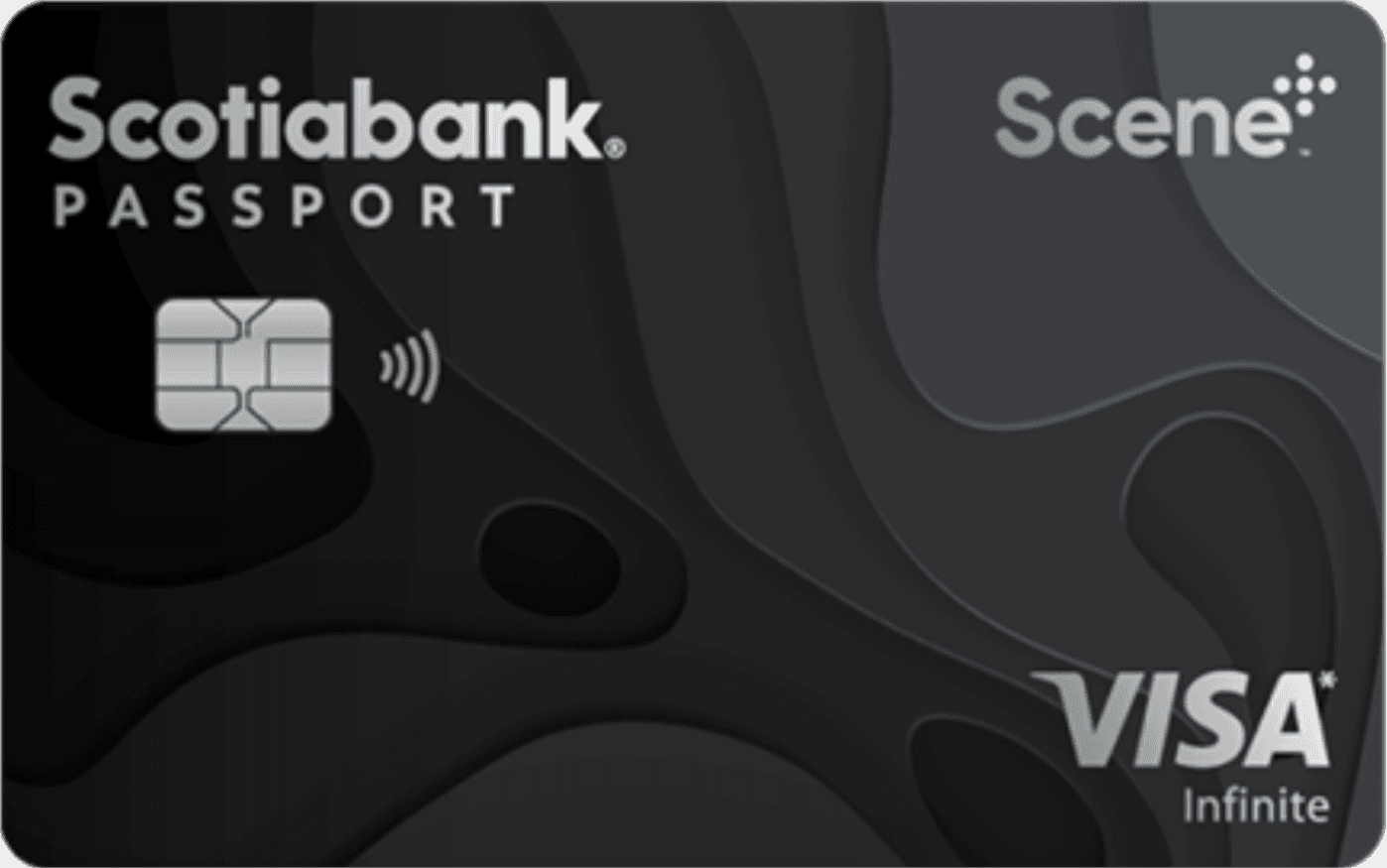Working hard in the background...
What Happens If You Don’t Activate Your Credit Card in Canada?
Published Jan 10, 2026 1:09 PM • 4 min read
Getting a new credit card can feel exciting. You applied, you were approved, and now the plastic card is sitting right there in your hand. But what if you never actually use it? What if you don’t call the bank's number or visit their website to “activate” it?
You might think that if you don’t “turn it on”, nothing happens. But that’s not true. Even if the card stays locked in a drawer, the account behind it still exists. This can affect your financial record (called your credit score) more than you might realize.
Here is a clear look at what happens if you ignore that new card, and what you should do instead.
1. The Bank Already Opened the Account
When a bank approves your credit card application, it immediately opens a new account in your name. Think of activation just as the final step that lets you start spending.
Once your credit card is approved, it’s added to your credit report with Canada’s major credit bureaus. Think of this document as a financial report card; it shows how responsibly you borrow and repay that money over time. However, behaviours vary by issuer.
Your credit history starts the moment you’re approved. In many cases the approval date is when the account is considered opened, and the issuer may begin reporting it to the credit bureaus. Some may delay reporting until first activation or first transaction, so you should check with your card-issuer for their policy.
Even if your balance is zero, you’ll still receive mail such as statements and notices. So, cutting up the card, leaving it unactivated, or ignoring the mail won’t make the credit card account disappear completely. The account may still be reported on your credit report
According to the Government of Canada, when you receive a credit card, you should know your rights and responsibilities, even if you haven’t yet activated it.
2. It Affects Your Credit Score
Your credit score is a number that tells lenders if you are a safe person to lend money to. The new, unactivated card can impact this score in two main ways:
A. The Inquiry Is Already There
When you applied for the card, the bank checked your credit history. This action is called a “hard inquiry,” and it stays on your record. This small initial check already happened, whether you activate the card or not.
B. It Changes Your Available Limit
If the card has a limit (say, $2,000), it increases your total available credit. This can actually help your score if you don’t have a lot of debt, because it looks like you have a lot of borrowing power that you aren’t currently using.
The danger comes if the bank closes it later. If the bank cancels the card for inactivity, you lose that $2,000 limit. If you have debt on your other cards, suddenly that debt looks bigger compared to your total available credit. This can lower your score.
Read our article on closing a credit card to learn how it can lower your credit limit, raise your credit utilization ratio, and potentially affect your credit score.
3. Watch Out for Hidden Fees
Many credit cards charge fees for having the account open, even if you never use the card. These charges include annual fees and inactivity fees.
If your new card has an annual fee, the bank may charge this fee to your non-activated account. You could suddenly owe money, even if you don’t check your statements. Should you miss paying this fee, the bank could report the unpaid debt to credit agencies, which would seriously hurt your score.
Always read the terms & conditions of your credit card carefully, “no activation” doesn’t always mean “no cost.” Visit the FinlyWealth blog to explore the pros and cons of credit card annual fees and discover smart ways to avoid hidden credit card fees as a newcomer to Canada.
4. The Bank Can Close the Card on You
Banks want people to use their credit cards. If an account sits unused for many months or even a year, the bank might decide to close it. If the issuer closes the account for inactivity, that may have similar implications to you closing it, such as reducing your available credit and shortening your credit history. So it’s worth proactively managing the account if you don’t plan to use it.
When the bank closes the account:
- The long-term credit history tied to that card might get shortened.
- Your total available credit instantly drops, which can make your debt utilization ratio look worse (as mentioned above).
5. Risk of Others Using It (Fraud)
Even if it’s not activated, a card isn’t totally safe. If someone found your card or got the card number, they might try to activate it or use it. This doesn’t happen often, but it is possible.
To prevent this, always keep your personal and card information safe. And watch for any strange mail or bills you don’t expect.
Learn more about your rights and responsibilities on the Government of Canada website, including what steps to take if you notice an unauthorized transaction on your credit card.
What Should You Do If You Don’t Want the Card?
If you decide you do not want the card, don’t just ignore it. Take action now to protect your credit.
The best thing to do is to call the credit card company right away and tell them:
- You do not plan to activate the card.
- You want to close the credit card account completely.
- Ask them to make sure this closure shows as a “customer request” closure, not a negative closure caused by inactivity or fees.
- Ask for a written document that confirms the account is closed.
- Check your credit report (you can do this for free) 30 to 60 days later to make sure the bank correctly reported the account as closed.
Taking action now is much smarter than being surprised by a fee or a lower credit score later.
Final Review
Getting a credit card means taking on responsibility, even if you don’t activate the card. The best advice is to make a quick choice:
- If you want the card: Activate it, use it even for small things, and pay the entire bill every month. This builds good credit.
- If you don’t want the card: Call the bank immediately and officially close the account. Also, try to get proof that the account is closed.
Before you close your credit card, read FinlyWealth’s article on how closing a card can impact your credit score. Make sure to keep an eye on your mail and review your credit reports from your bank or credit bureau to confirm all details are accurate. By intentionally taking these steps, you’ll protect both your finances and your credit score.
Frequently Asked Questions
Yes. The bank knows when they mailed the card, and they expect you to receive it. If they don’t see any activity or activation after a few weeks, they might start sending you reminders.
When you apply for a credit card, the bank does a “hard inquiry” on your credit file. This inquiry can cause a small, temporary drop in your score (just a few points). This drop happens the moment you apply, and activating the card won’t change it.
There is no set rule; it depends on the bank and the card. Some banks may wait six months; others may wait a year or more. If the bank sees that you never activated the card, they are more likely to close it quickly. Do not wait to find out; either activate it or call them to close it properly.
If you decide to keep the card open to help your credit score, you should activate it right away. Then, it is a good idea to use it for a small purchase every few months (like for gas or a streaming service) and pay the bill immediately. This shows the bank that the account is active and keeps it from being closed.
Trending Offers

Tangerine® Money-Back World Mastercard®*

Tangerine Money-Back Mastercard

BMO Performance Chequing Account

Scotiabank Passport® Visa Infinite* Card
About the author

Faith Ogunkanmi
Editor
Faith is a seasoned finance professional with over six years of experience specializing in credit analysis, financial risk assessment, and business/personal lending. My background includes extensive w...
SEE FULL BIOAbout the editor

Lauren Brown
Editor
Lauren is a freelance copywriter with over a decade of experience in wealth management and financial planning. She has a Bachelor of Business Administration degree in finance and is a CFA charterholde...
SEE FULL BIO